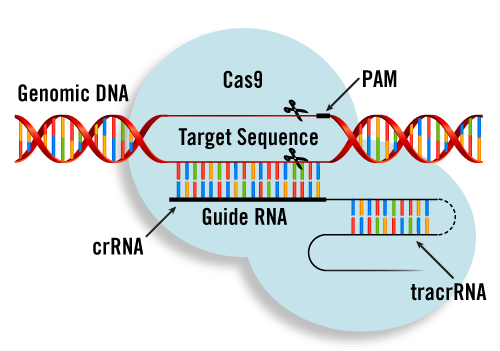Biography
Tooba Cheema is currently leading the translational research and biomarker strategy for viral immunotherapies for Oncorus’ oncolytic virus candidates into the clinic. Tooba is an experienced immuno-oncologist advancing projects from early discovery, lead selection through translational medicine and clinical development. Prior to Oncorus, Tooba led the non-clinical pharmacology and translational efforts advancing T cell therapies in combination with antibodies for hematological malignancies and solid tumors at Unum Therapeutics through submission of multiple Investigational New Drug Applications (IND). At Momenta Pharmaceuticals, she contributed to the non-clinical biological characterization of biologics and biosimilars for autoimmune and oncology indications. Tooba received her post-doctoral training at Massachusetts General Hospital under the fellowship from the American Brain Tumor Association, evaluating combination therapies with oncolytic virus for the treatment of Glioblastoma. Tooba has a Ph.D. in Pharmacology from the University of Michigan-Ann Arbor and B.Sc in Biochemistry from Tufts University.
Emerging Therapeutics Showcase:
Oncorus
Oncorus is advancing a robust portfolio of locally and systemically administered oncolytic virus therapies across our Herpes Simplex Virus (HSV) and Synthetic Virus Platform to transform outcomes for cancer patients.
Development Of ONCR-177 Viral Immunotherapy For Cancer
ONCR-177 is a novel oncolytic Herpes Simplex Virus that carries 5 immune payloads for the treatment of surface and visceral lesions of solid tumors. Promising non-clinical pharmacology data will be presented that warrants it’s translation into the clinic.
Session Abstract – PMWC 2020 Silicon Valley
The PMWC 2020 Emerging Therapeutics Showcase will provide a 15-minute time slot for selected companies and researchers in the CRISPR, Cell and Gene Therapy fields. Major advancements in safer cell- and gene-level editing technologies are bringing us closer toward cures for life-threatening disorders, from cancer to HIV to Huntington’s disease. Cell therapy, in which cellular material such as T cells capable of fighting cancer cells, is injected into a patient, has been demonstrated safe and effective. The popular new CRISPR tool that has been used to edit the genetic code of nearly any organism will have an enormous impact on human health. More than a dozen clinical trials employing CRISPR on human cells are already underway.









